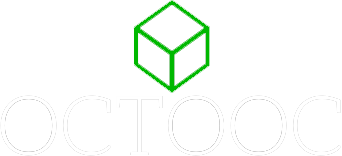Data plays a crucial role in business, enabling businesses make better decisions and help drive growth. However, managing this volume of data can be a challenge. To ensure that your company can take advantage of all the benefits that data can offer an adaptable approach to managing data is essential.
Flexibility is essential to any GRC program because it lets organizations to adjust to the demands of changing. Flexible approaches, such metadata-driven data records, dictionaries, data lineage and business glossaries, can aid in addressing these issues. Flexible data management allows organizations to avoid costly platform-based data units, such as data ponds and warehouses, which can be difficult to move or scale up in order to meet increasing demands.
In this episode of GRCM & ME, the Director of Customer Success Szuyin Leeow explains the importance of flexibility in GRC. She will also explain how to incorporate it into your overall strategy www.boardroomreview.blog/boardeffect-board-portal-main-functions/ for managing data.
It is important to design your data management solutions with an final goal in mind. It is important to identify the key insights and outcomes that your company wants to achieve in order to design and build systems to meet these goals. Using the right tools like MarkLogic’s semantic capabilities will allow you to rapidly expand your data infrastructure without losing control of your sensitive information.

 by WordPress
by WordPress